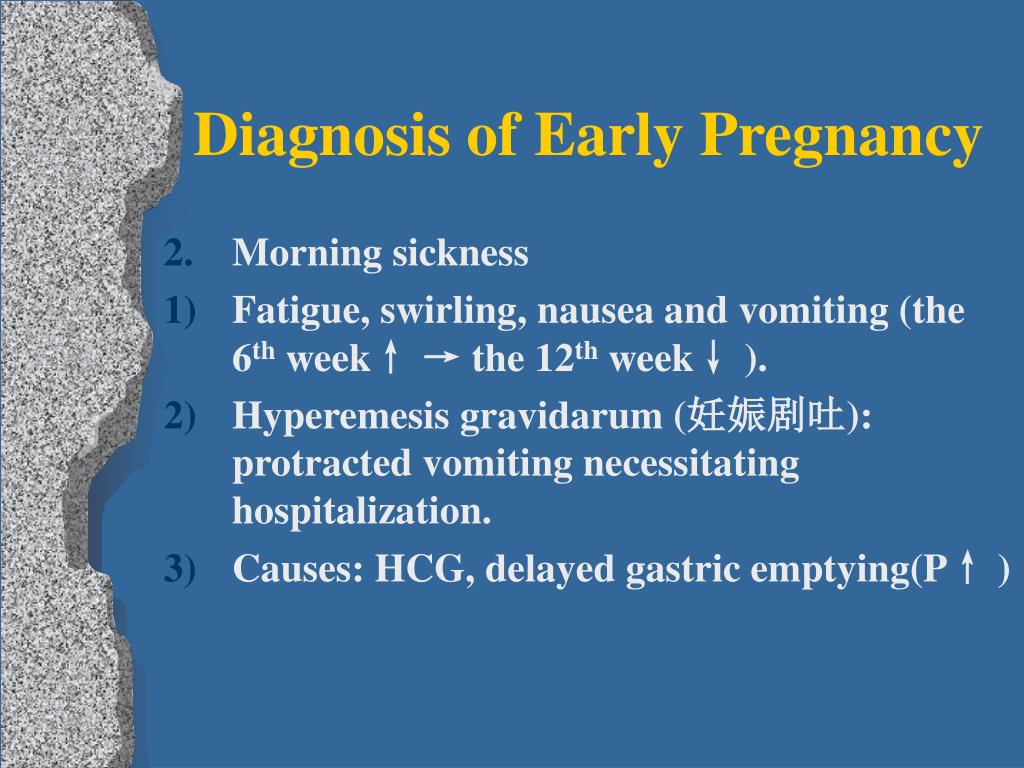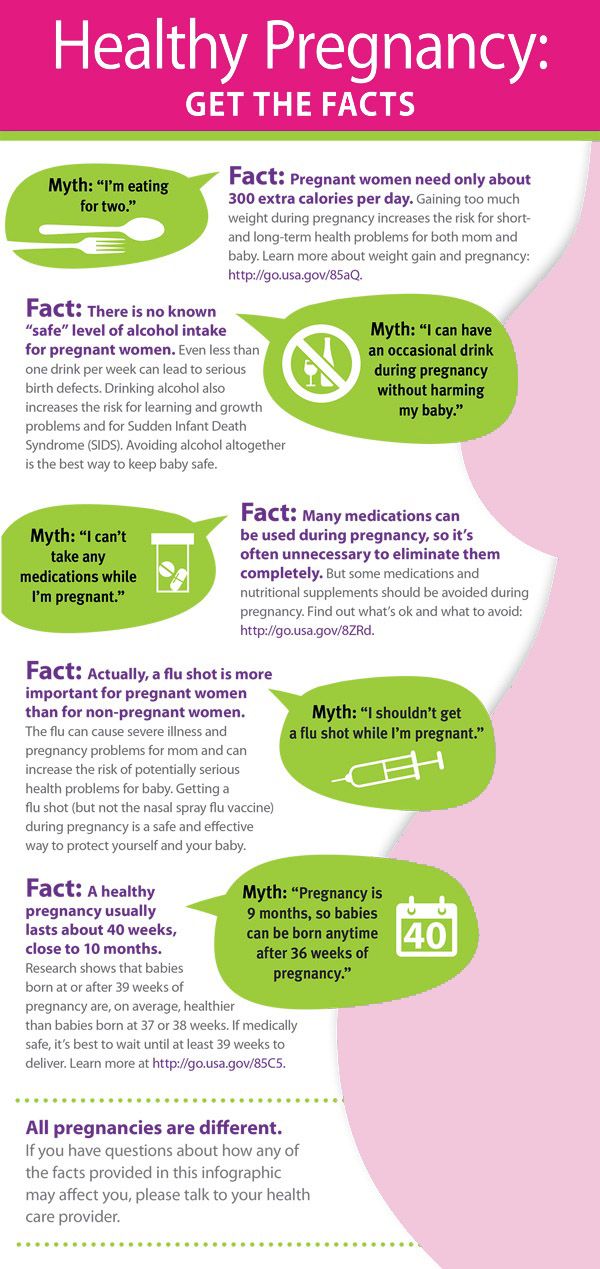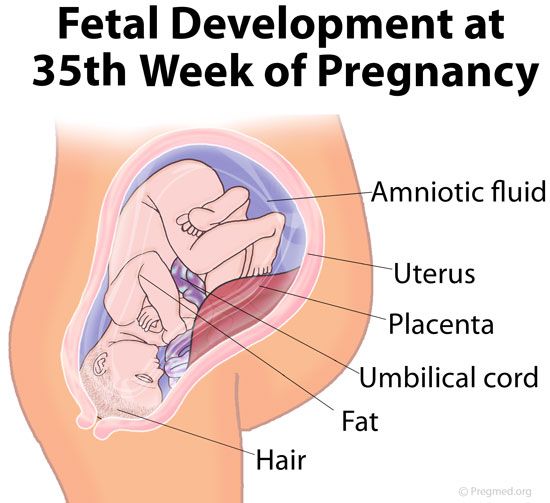Pregnancy week 8 no morning sickness
No Morning Sickness? You Don't Need to Worry
For many women, one of the first signs of pregnancy (sometimes even before a missing period!) is failing to keep food down.
While it’s commonly called morning sickness, for most pregnant women this intense nausea has no time limits. Hitting morning, noon, and night, it’s enough to throw you for a mental loop.
One way that some women are able to keep sane and ride the waves of morning sickness is holding onto the hope that this discomfort means their baby is growing.
What if you’re not feeling your stomach churning though? Is your baby still growing and healthy? Does not having morning sickness mean anything about the health (or sex) of your baby?
Don’t worry, we won’t leave you in limbo 9 months waiting for an answer to these questions. Just keep reading on…
For a percentage of people, morning sickness is simply a pregnancy symptom they never experience. In and of itself, the lack of nausea and vomiting doesn’t mean anything is wrong.
It’s estimated 70 to 80 percent of pregnant people experience nausea and/or vomiting. So that’s still 20 to 30 percent who don’t have morning sickness at all!
If you find yourself pregnant without any nausea, you may feel lucky, confused, or even worried. Because morning sickness is such a commonly discussed first trimester symptom, it can seem odd if you don’t have it.
Many people experience morning sickness in the first 4 months of their pregnancy. Factors that contribute to the nausea include heightened hormones and lowered blood sugar. If you are pregnant with multiples or worn down from illness, stress, or traveling, you may experience morning sickness to a higher degree.
Nausea in pregnancy can range from light, infrequent experiences of nausea to extreme hyperemesis, with frequent vomiting which may require hospitalization for IV hydration and nourishment. A study from 2018 found that there may be a genetic component to experiencing hyperemesis.
If you’ve been very nauseous in prior pregnancies, take heart that just because you’ve experienced morning sickness in the past there’s no guarantee you’ll experience it again.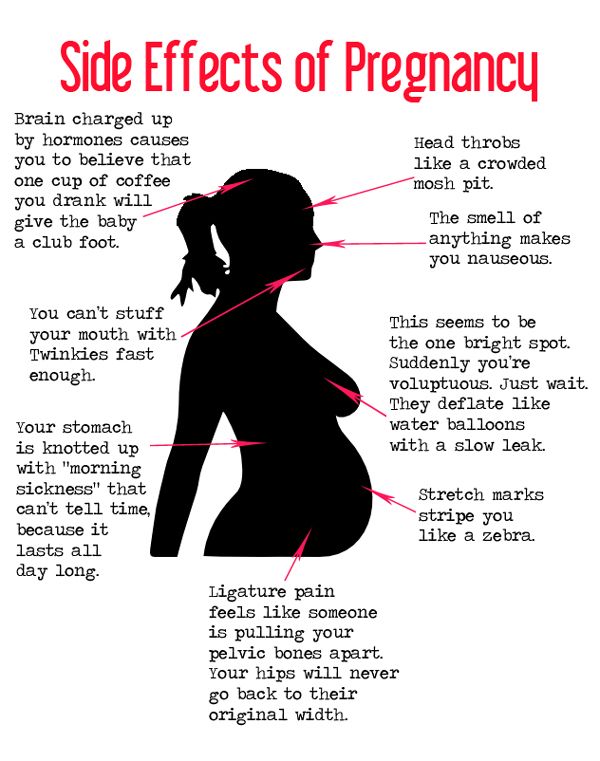 (For better or worse, morning sickness can vary from pregnancy to pregnancy.)
(For better or worse, morning sickness can vary from pregnancy to pregnancy.)
Whether you’re trying to win the gender reveal party guessing games or are just dying of impatience waiting for your test results, you may want to know whether you have a girl or boy on the way.
You might have heard that decreased morning sickness means you’re having a boy. This is based on the belief that hormone levels are higher when carrying a baby girl.
The logic behind this is that higher hormone levels can cause increased nausea. Thus, girl babies are rumored to come with days of intense morning sickness, and being pregnant with baby boys should be smooth sailing in comparison.
However the science to support this theory is limited. One study from 2019 found that those carrying a female fetus or twins were more likely to experience nausea and vomiting during pregnancy than those carrying a single, male fetus.
However, the researchers noted that other factors, including the age of the mother, whether she smoked, and her BMI prepregnancy also affected chances.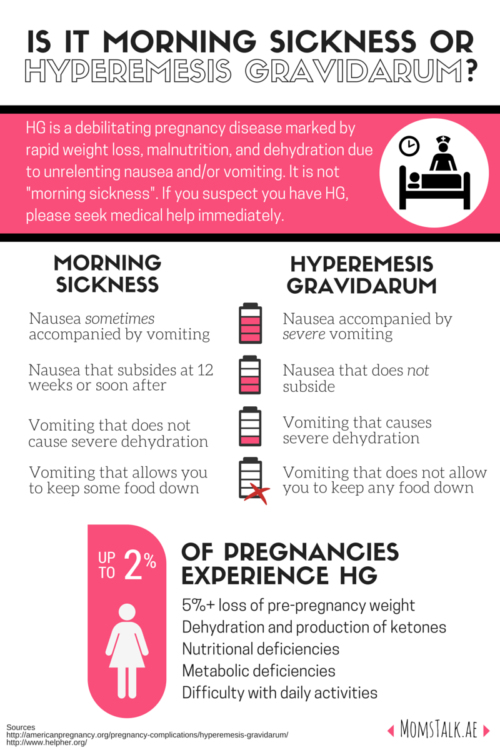
Ultimately, you can’t determine the sex of your baby by whether or not you have morning sickness. The only way to really know if you’re having a boy or girl before delivery is through a chromosome test or ultrasound.
Miscarriage is a very real concern for many women (and their partners). Anything that indicates a pregnancy is not proceeding as expected can set off warning bells.
Since morning sickness is such a common pregnancy symptom in the first trimester, not feeling ill might raise some red flags for you. So should we praise nausea and vomiting as signs of a healthy pregnancy?
There is some research to indicate nausea and vomiting may indicate a reduced risk of pregnancy loss.
In order to get a better picture of how nausea and vomiting may be related to miscarriage, researchers in a 2016 study relied on hCG confirmed pregnancies (think positive urine tests) instead of ultrasound confirmed pregnancies.
This allowed researchers to begin testing for miscarriages earlier and identify more miscarriages. It also allowed them to track women’s nausea with more accuracy throughout the first trimester.
It also allowed them to track women’s nausea with more accuracy throughout the first trimester.
No study is perfect, and this 2016 study was fairly homogenous making it difficult to generalize the results. All the same, this study represents a large step forward in morning sickness and miscarriage research.
The study found that for women who had experienced miscarriage once or twice before, morning sickness was very common during the first trimester and related to a reduced chance of losing the pregnancy by 50 to 75 percent.
There are many theories about why nausea and vomiting in pregnancy are connected to a reduces miscarriage risk. One theory is that it is part of an evolutionary advantage to encourage eating carbohydrate rich foods and to rid the body of any potential toxins that may be harmful to the baby.
Another theory is that the vomiting is related to the body’s increasing hCG levels or markers of viable placenta tissue. More research will need to be done on all these theories in the future as many questions still remain.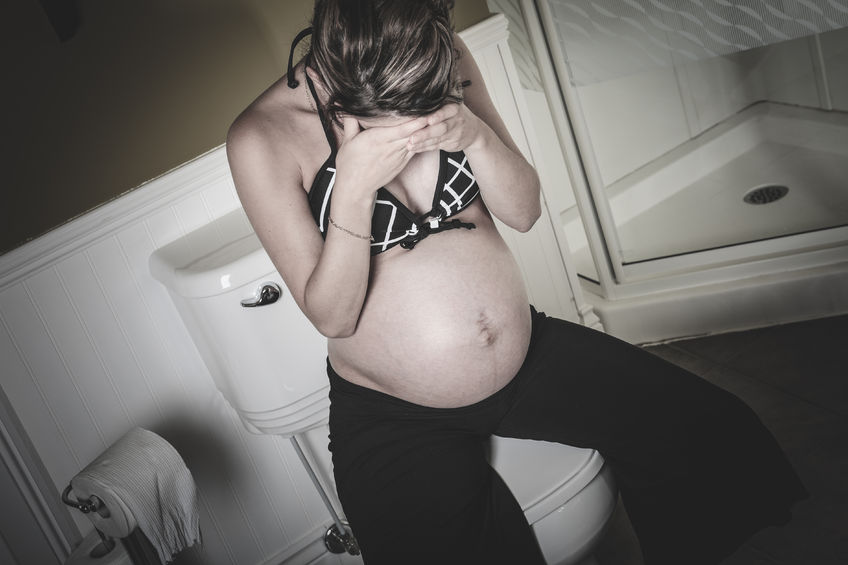
While this means that you may welcome nausea and vomiting as a reassuring sign, keep in mind that, as mentioned earlier, it’s estimated that up to 80 percent of pregnant people experience morning sickness. That means there are still many healthy pregnancies that occur with no morning sickness whatsoever.
If you’re newly pregnant and not feeling any morning sickness, you may begin to worry.
But before allowing nightmare pregnancy scenarios to start filling your mind, consider taking a deep breath and pausing for a minute to think about other pregnancy symptoms you might be feeling. (Believe it or not, it can actually be calming to think about all the other ways this pregnancy has you hurting!)
Remember also that every pregnancy is different when it comes to morning sickness. Just because you’ve had it before doesn’t mean that you have to go through it again. Many factors including your hormones, level of rest, and diet can all play a role in how nauseous you feel.
If you ever feel like something isn’t right with your body or pregnancy, don’t hesitate to reach out to your doctor. They can offer you an exam, guidance, or even just some reassurance that you and your baby are doing just fine.
If you do suffer a miscarriage during your pregnancy, there are support groups and therapists available online and locally who can help you process your emotions.
8 weeks and no "morning" sickness - is this normal?
Please or to access all these features
Flip
Get updates on how your baby develops, your body changes, and what you can expect during each week of your pregnancy by signing up to the Mumsnet Pregnancy Newsletters.
Get updates on how your baby develops, your body changes, and what you can expect during each week of your pregnancy by signing up to the Mumsnet Pregnancy Newsletters.
32 replies
Rainbowshine · 20/06/2012 21:11
Hi everyone
I am 8 weeks pregnant (first pregnancy) and apart from not fancying cheese (very unlike me) and some changes in my appetite I have not had any nausea or sickness at all. I've just felt totally tired out and needed the loo every 5 minutes.
I've just felt totally tired out and needed the loo every 5 minutes.
Is it "normal" not to have sickness? Am I just really really lucky and should keep my fingers crossed that "morning" sickness doesn't appear in the next few weeks?
Thank you for any thoughts.
OP posts:
Add messageShare
ReportPlease or to access all these features
Advertisement
RancerDoo · 20/06/2012 21:12
Yup, normal.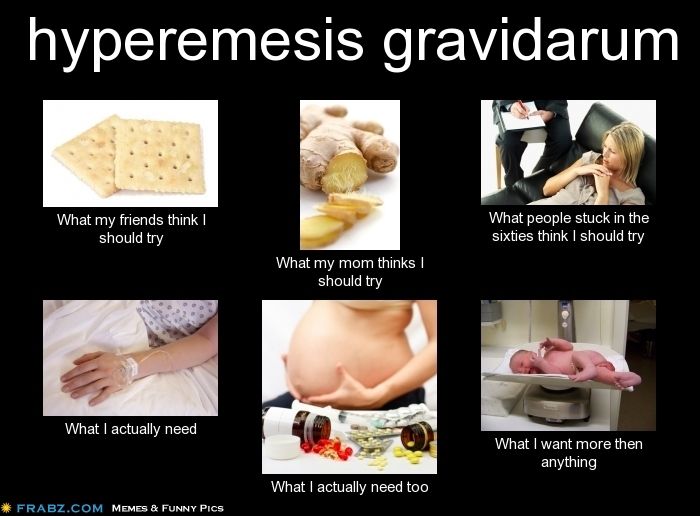 Some of us are just made that way.
Some of us are just made that way.
Share
ReportPlease or to access all these features
MirandaWest · 20/06/2012 21:12
)
Add messageShare
ReportPlease or to access all these features
JoinTheDots · 20/06/2012 21:12
I didn't have any sickness at all with my pregnancy (DD now 22 months old) so it can be normal
Add messageShare
ReportPlease or to access all these features
MirandaWest · 20/06/2012 21:13
Argh - there was meant to be slightly more than that .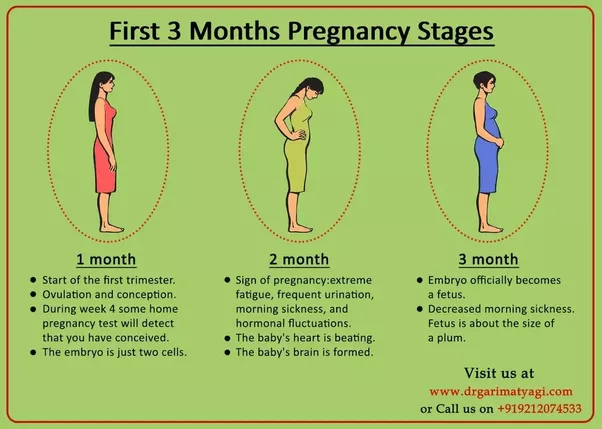 Was saying it is v normal not to have any sickness.
Was saying it is v normal not to have any sickness.
Share
ReportPlease or to access all these features
Seona1973 · 20/06/2012 21:14
I didnt get morning sickness with either of my pregnancies. I occasionally retched while brushing my teeth but that was all.
Add messageShare
ReportPlease or to access all these features
Advertisement
BoattoBolivia · 20/06/2012 21:14
Yup-ddn't have any sickness with either of my 2 pregnancies, or any other obvious symptoms except a bit of heartburn and tiredness later on. Keep your fingers crossed!
Keep your fingers crossed!
Share
ReportPlease or to access all these features
Advertisement
Figgygal · 20/06/2012 21:15
Yup I had none with my DS who is now 6 months old ..........it was great!!
Add messageShare
ReportPlease or to access all these features
Cheekychops84 · 20/06/2012 21:17
I had bad sickness with my first but my 2nd 2 nothing ! Totally sickness free I had one day where I felt really really sick but I wasn't then it passed , guess some of us are just lucky!
Add messageShare
ReportPlease or to access all these features
Springforward · 20/06/2012 21:21
Lucky you! Not everyone gets sick and I think it's pretty normal.
Share
ReportPlease or to access all these features
signet2012 · 20/06/2012 21:25
Im 31 weeks and had no sickness at all. Suffering from heartburn now a bit but no sickness, no nausea, nothing.
:)
Add messageShare
ReportPlease or to access all these features
Advertisement
Rainbowshine · 20/06/2012 21:29
Wow thank you for the replies everyone! Glad to find it can be normal! I will keep my fingers crossed that it continues then :-)
OP posts:
Add messageShare
ReportPlease or to access all these features
justhayley · 21/06/2012 00:07
Don't jinx yourself crazy lady! I had no morning sickness during my pregnancy - I it sick twice once when I passed a chicken shop about 7 months and the smell made me gag and the 2nd on the table in wagamumas the week before I gave birth, and twice during labour but I don't count those as being pregnant.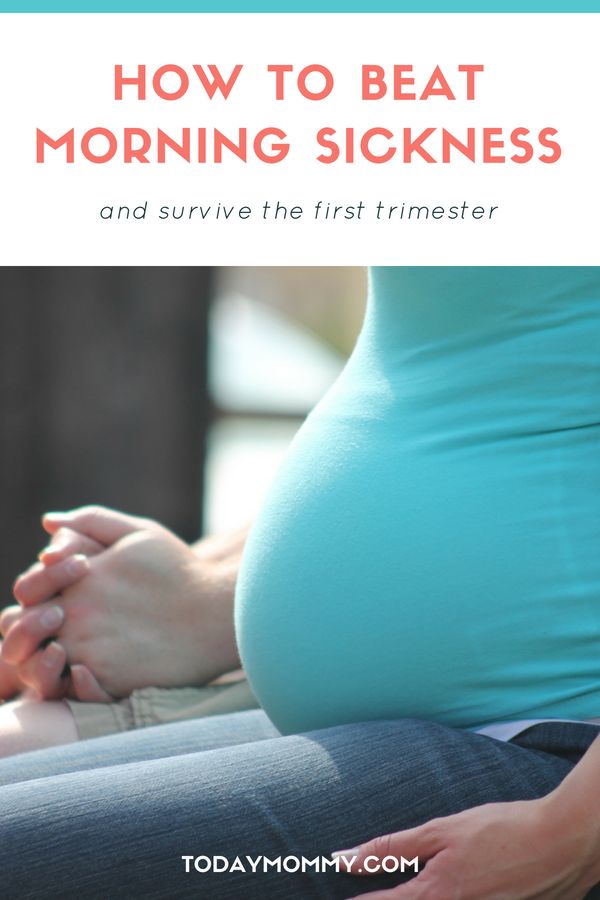
Not everyone gets morning sickness if you don't your lucky it sounds horrible!
Share
ReportPlease or to access all these features
cheekbyjowl · 24/11/2012 11:45
Hi @rainbowshine. I'm the same as you, no obvious symptoms and first pregnancy. How are you feeling now? Should i expect symptoms later?
This is the first time in my life i wish i felt more sick to make it seem more real. I've only shared the news with my husband.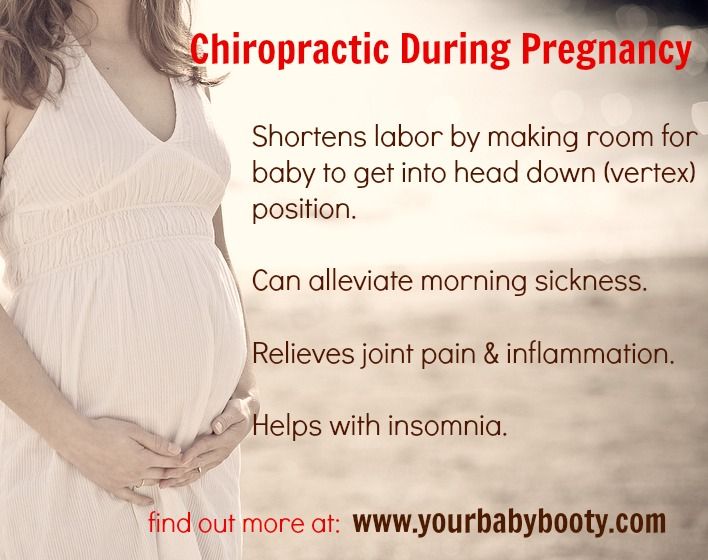 ...this is a slow 12 weeks :)
...this is a slow 12 weeks :)
Share
ReportPlease or to access all these features
C0smos · 24/11/2012 11:53
Absolutely no sickness or symptoms, I felt great and had the best skin ever, just lucky I guess. Had other problems with pregnancy though in case anyone thinks I'm a smug old boot!
Add messageShare
ReportPlease or to access all these features
Adviceinscotland · 24/11/2012 11:57
I had
Pg1- terrible sickness for 9 months
Pg2- terrible nausea for 6 months
Pg3- not a single symptom (was worried at 12 week scan they would laugh at me and say there was no baby )
Pg4- terrible sickness for 16 weeks (now 24 weeks)
Fingers crossed you carry on the way you are
Add messageShare
ReportPlease or to access all these features
Advertisement
unillustratedmum · 24/11/2012 12:05
No sickness or negative symptoms of any kind with my 3, also no pain relief needed during very short labours, no stitches and hardly any visible stretch marks, I consider myself very lucky and feel for women who suffer.
Share
ReportPlease or to access all these features
Worley · 24/11/2012 12:11
I never had any mining sickness with either of my ds's either..
I like to tell people that too ;)
Share
ReportPlease or to access all these features
Kelerina · 24/11/2012 12:22
Was for me! Am now 26 weeks and still haven't been sick.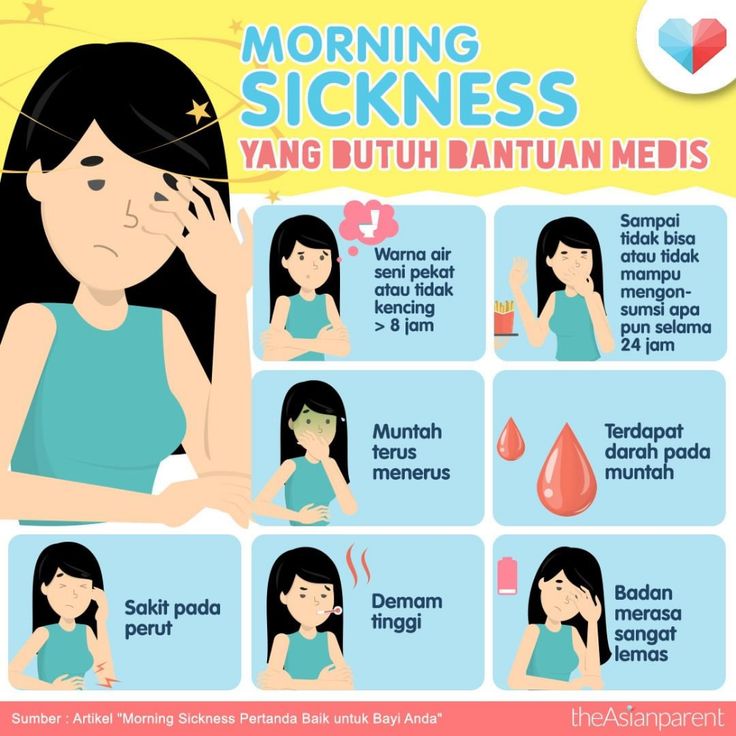 Bit of nausea at start of second trimester but only first thing in the morning and only in my kitchen! Compared to many others who suffer it really is barely worth mentioning......enjoy!!!
Bit of nausea at start of second trimester but only first thing in the morning and only in my kitchen! Compared to many others who suffer it really is barely worth mentioning......enjoy!!!
1st trimester I was just comically tired!
Add messageShare
ReportPlease or to access all these features
HarlettOScara · 24/11/2012 12:25
I didn't have any sickess either, just the odd wave of nausea usually in response to a smell...couldn't feed the dogs for the entire pregnancy as the smell of their food made me heave.
Share
ReportPlease or to access all these features
HarlettOScara · 24/11/2012 12:26
I would add that DP fed them...they didn't starve for 9 months!
Add messageShare
ReportPlease or to access all these features
Advertisement
cheekbyjowl · 24/11/2012 12:40
This is my first day posting on mumsnet after searching for this topic. I've read some people are talking about their HCG levels in relation to having no symptoms. how do you know what your HCG levels are? On another note, also pleased to find the acronym finder on this!
I've read some people are talking about their HCG levels in relation to having no symptoms. how do you know what your HCG levels are? On another note, also pleased to find the acronym finder on this!
Share
ReportPlease or to access all these features
ladymia · 24/11/2012 12:45
only symptom i ever had was food aversions. i am 24 weeks now and did not have morning sickness once!
Add messageShare
ReportPlease or to access all these features
cupcake78 · 24/11/2012 16:45
I don't like this thread! I'm so !
Be thankful your not sick, I'm on pregnancy no4 and am currently dying with intense day and night nausea and sickness.
Share
ReportPlease or to access all these features
Heart7 · 25/11/2012 09:19
Message deleted by MNHQ. Here's a link to our Talk Guidelines.
Please or to access all these features
Please create an account
To comment on this thread you need to create a Mumsnet account.
Advertisement
We fight against toxicosis - articles from the specialists of the clinic "Mother and Child"
Alexandrova Anna Evgenievna
Embryologist
Clinic "Mother and Child" South-West
rest more
Very often in the first trimester, the expectant mother feels weak, drowsy, she wants to lie down to rest, and sometimes she simply does not even have the strength to move. This, of course, is not toxicosis, but if such sensations arise, then they must be indulged so as not to inadvertently provoke another attack of nausea. Get plenty of rest and do not make any sudden movements, because even if you just fail to get up from a chair, you can provoke an attack of nausea. nine0003
This, of course, is not toxicosis, but if such sensations arise, then they must be indulged so as not to inadvertently provoke another attack of nausea. Get plenty of rest and do not make any sudden movements, because even if you just fail to get up from a chair, you can provoke an attack of nausea. nine0003
Sleep with the windows open: the air in the bedroom should be fresh and cool. Go to bed on time, do not sit at midnight in front of the TV or at the computer, eliminate all irritating factors: an uncomfortable mattress, blanket, pillow, hard bedding - lack of sleep can respond with morning sickness.
eat right
Eat small meals, 5-6 times a day, or even more often. When you wake up, don't get out of bed right away. One of the most effective methods against toxicosis is breakfast in bed. In the evening, put crackers, yogurt, or any product that you can tolerate well next to your bed. Eat it before you get up, and then lie down for a while. Most likely, morning sickness will either not appear at all, or will be very weak.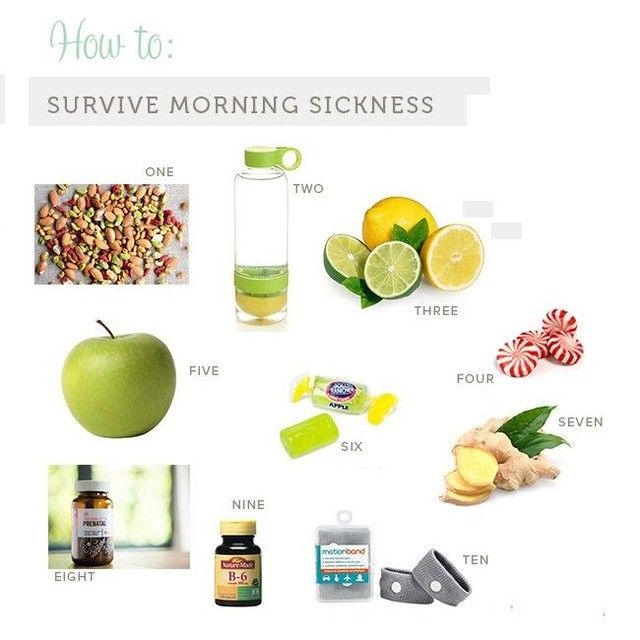 nine0003
nine0003
Usually, in case of toxicosis, it is not recommended to eat fatty, smoked, salty, pickled, drink soda (the usual set of food hazards). But it is likely that some not very healthy product will now be well tolerated, and something from healthy food, on the contrary, will cause nausea. "Pregnant whims" - a cake with herring or pineapples at night - these are the requests of the body that it needs one or another component in food. For example, the desire to chew chalk is a sign of calcium deficiency. So eat what you like and what you want, within reason, of course. And if you don’t feel like something, even if this product is extremely useful and necessary, don’t eat it. If you feel sick from some dish, it means that the body signals you: I don’t need this now! nine0003
drink more often
Toxicosis may not be limited to nausea, some may also vomit. This means fluid is lost. Therefore, between meals, drink more often: a sip or two of mineral water or tea with lemon will help to cope with nausea and replenish lost fluids. But drink in small sips. Also, you should not drink food and you should give up soups for a while - a large amount of food drunk and eaten, on the contrary, only provokes nausea and vomiting.
But drink in small sips. Also, you should not drink food and you should give up soups for a while - a large amount of food drunk and eaten, on the contrary, only provokes nausea and vomiting.
breathe fresh air
Outdoor walks are good for everyone, but especially for toxicosis. Firstly, when walking, the blood of the expectant mother and baby is saturated with oxygen, which is very important for health, and secondly, walking calms the nervous system. Together, this helps to reduce the unpleasant symptoms of toxicosis. You need to walk at least two hours a day - but not just along the street, but in the place where the air is really fresh: in the forest, park, square, and best of all outside the city. Before you go out, think over the route: go away from gas-polluted highways, street cafes, food stalls and other "fragrant" places. nine0003
eliminate fragrances
Taste and smell preferences change during the first trimester. Now even your favorite perfumes can cause nausea, headaches and allergic reactions. Therefore, put away all fragrant cosmetics that irritate you: perfumes, deodorants, creams, and so on. You will have to stop using your favorite perfume for both your husband and loved ones. Explain to others that this is not a whim, but a temporary measure, very soon everything will return to normal. nine0003
Therefore, put away all fragrant cosmetics that irritate you: perfumes, deodorants, creams, and so on. You will have to stop using your favorite perfume for both your husband and loved ones. Explain to others that this is not a whim, but a temporary measure, very soon everything will return to normal. nine0003
And do not worry that now you will be left without your usual beauty products. Both the cosmetic store and the pharmacy are full of different creams, tonics, shampoos without fragrance or with a minimal smell.
work with yourself
Psychologists believe that the cause of toxicosis is not only in hormonal changes, but also in the psychological state of a woman. The more a woman experiences, the more anxieties and fears she has, the more pronounced toxicosis can be. Ideally, it is better to limit yourself during pregnancy from any stress. Of course, it’s not always possible to eliminate nervous work or crowding in public transport, but watch less TV, don’t read negative news and various pregnant “horror stories” on the Internet, and don’t react to minor or even major everyday troubles everyone can do.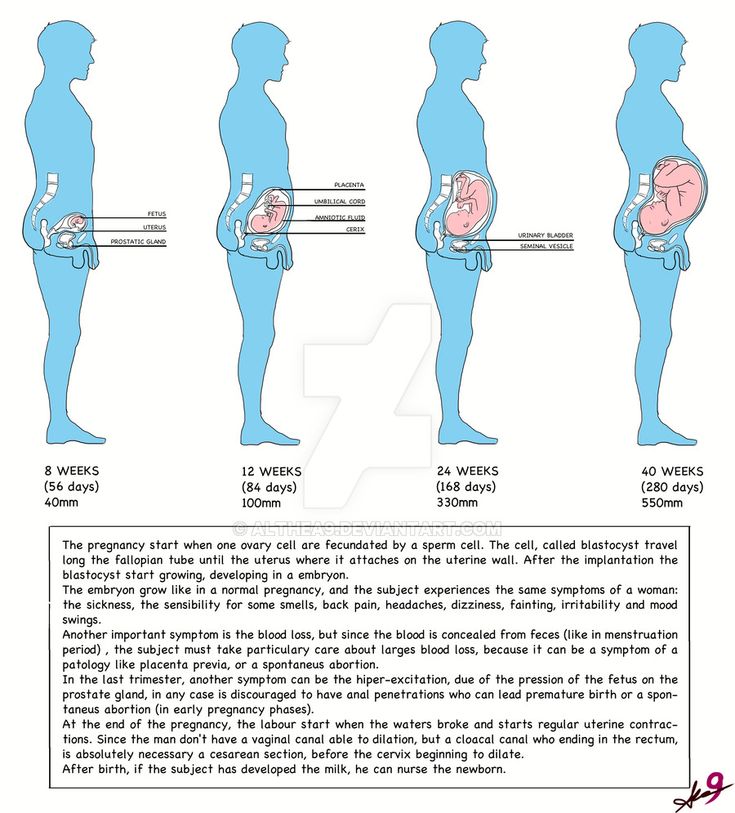 Therefore, if you are worried about toxicosis, create your own comfortable world during pregnancy. If you can’t cope on your own, contact a specialist (psychologist). Toxicosis is really well treated with psychotherapy. The main thing is that the expectant mother should want to get rid of her own anxiety. nine0003
Therefore, if you are worried about toxicosis, create your own comfortable world during pregnancy. If you can’t cope on your own, contact a specialist (psychologist). Toxicosis is really well treated with psychotherapy. The main thing is that the expectant mother should want to get rid of her own anxiety. nine0003
No matter how unpleasant toxicosis is, it does not last forever. It is necessary to suffer until the beginning or (less often) the middle of the II trimester. And very soon all the unpleasant symptoms of toxicosis will remain in the past!
Make an appointment
to the doctor - Alexandrova Anna Evgenievna
Clinic "Mother and Child" South-West
ICSIECO
By clicking on the send button, I consent to the processing of personal data
Attention! Prices for services in different clinics may vary. To clarify the current cost, select a clinic nine0003
Clinical Hospital MD GROUPClinical Hospital Lapino-1 "Mother and Child"Clinic KG "Lapino" in Odintsovo (branch)Clinic "Mother and Child" Khodynskoye PoleClinic "Mother and Child" KuntsevoClinic "Mother and Child" SavelovskayaClinic "Mother and Child" Yugo-ZapadMother and Child Clinic NovogireevoMother and Child Clinic Lefortovo
All directionsSpecialist consultations (adults)Specialist consultations (children)Laboratory of molecular geneticsGeneral clinical studiesTreatment roomTelemedicine for adultsTherapeutic studiesUltrasound examinations for adults
01.
Consultations of specialists (adults)
02.
Consultations of specialists (children's)
03.
Laboratory of molecular genetics
04.
General studies
05.
05.
Cabinet
06 06.
Adult Telemedicine
07.
Therapeutic Research
08.
Adult Ultrasound
Nothing found
The administration of the clinic takes all measures to timely update the price list posted on the website, however, in order to avoid possible misunderstandings, we advise you to clarify the cost of services and the timing of the tests by calling
Early toxicosis of pregnant women - causes and treatment
- Manifestation of early toxicosis nine0111 Causes of toxicosis in the early stages
- Severity of toxicosis during pregnancy
- How to manage morning sickness and relieve symptoms
- Principles of treatment of early toxicosis
Most women, having barely learned about the onset of pregnancy, are waiting for poor health, nausea and even vomiting.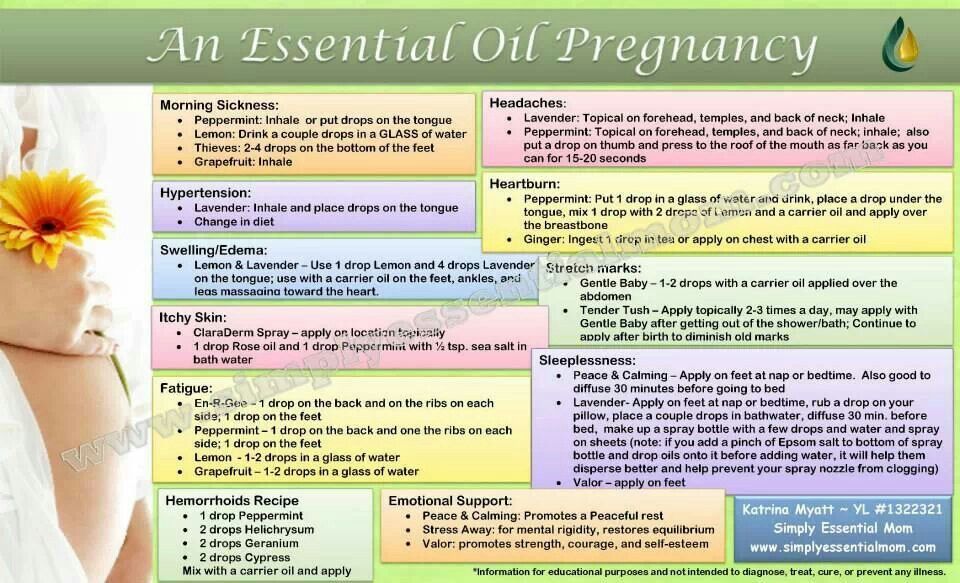 Indeed, early toxicosis often becomes a constant companion of many expectant mothers in the early stages of pregnancy. Is there any way to alleviate these unpleasant symptoms? nine0126
Indeed, early toxicosis often becomes a constant companion of many expectant mothers in the early stages of pregnancy. Is there any way to alleviate these unpleasant symptoms? nine0126
Toxicosis (and doctors call this condition gestosis) is a syndrome that is defined as a violation of a woman's adaptation to pregnancy. According to the time of occurrence, early preeclampsia is distinguished, which will be discussed in this article, and late preeclampsia, which appears in the last 2-3 months of pregnancy and is manifested by edema, increased blood pressure and the appearance of protein in the urine.
When early morning sickness begins in pregnancy
Early morning sickness usually occurs in the first half of pregnancy. As a rule, after the end of the formation of the placenta, that is, at 12-13 weeks of pregnancy, the phenomena of toxicosis stop. During a normal pregnancy, adaptive changes in the function of almost all organs and systems occur in a woman's body, which are regulated by the nervous system with the participation of endocrine glands.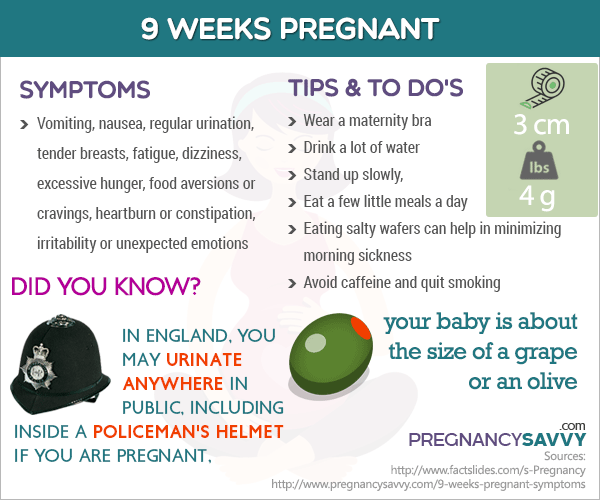 Toxicosis also occurs due to the impossibility of the adaptive mechanisms of the body of the expectant mother to adequately meet the needs of the developing fetus. nine0003
Toxicosis also occurs due to the impossibility of the adaptive mechanisms of the body of the expectant mother to adequately meet the needs of the developing fetus. nine0003
Manifestation of early toxicosis
The most common manifestation of toxicosis is vomiting. Other forms of early toxicosis are very rare:
- pregnancy dermatosis is a group of skin diseases that occur during pregnancy and disappear after it. When it occurs in early pregnancy, dermatosis is caused by immune disorders in the body of a pregnant woman, and is also most often found in patients with diseases of the digestive and endocrine systems. The most common form of dermatoses of pregnancy is pruritus gravidarum, which can be on a small area of the skin or spread throughout the body, including the feet and palms. nine0112
- tetany (chorea) of pregnant women. This condition occurs when the function of the parathyroid glands decreases, as a result of which calcium metabolism in the body is disturbed.
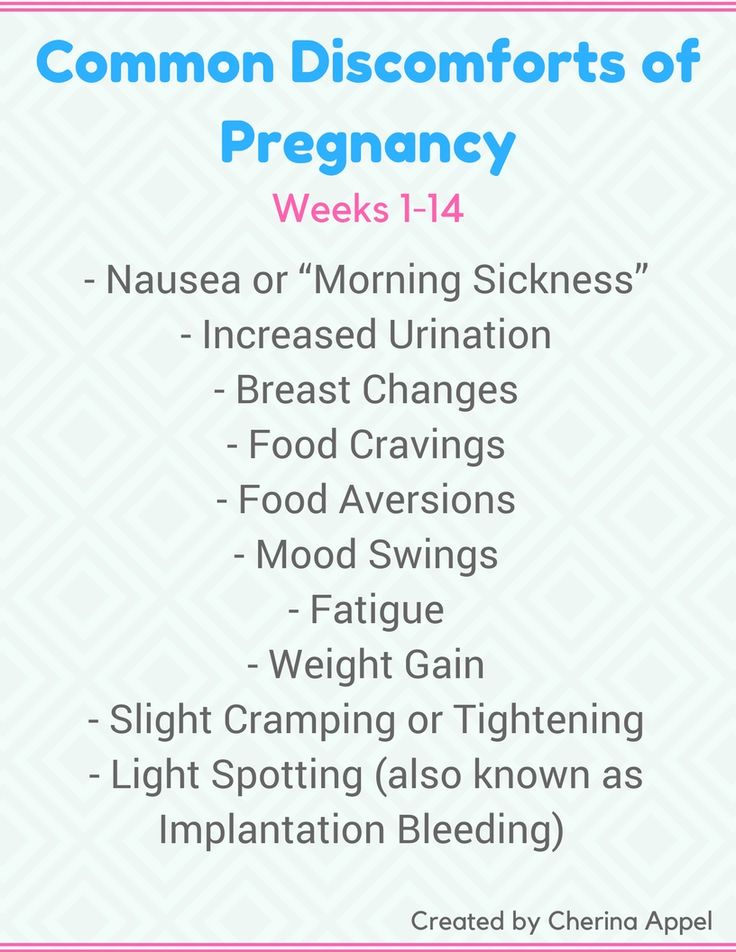 Clinically, the disease is manifested by muscle cramps, more often cramps occur in the fingers, sometimes in the muscles of the face.
Clinically, the disease is manifested by muscle cramps, more often cramps occur in the fingers, sometimes in the muscles of the face. - salivation - increased secretion of saliva, in connection with which there is a large loss of fluid (up to 1 liter per day). Salivation can be an independent manifestation of toxicosis or accompany vomiting of pregnant women. In the development of salivation, not only changes in the central nervous system are important, but also local disturbances in the salivary glands and their ducts under the influence of hormonal changes. nine0112
- bronchial asthma of pregnant women is an extremely rare form of preeclampsia.
- osteomalacia of pregnancy - softening of the bones due to a violation of the metabolism of calcium and phosphorus, while the bones of the pelvis and spine are more often affected
- neuropathy and psychopathy of pregnancy.
Learn more about the services:
- Tests for pregnant women
- Ultrasound of the 1st trimester of pregnancy
Causes of toxicosis in the early stages
There are many theories trying to explain the causes and mechanisms of development of early toxicosis: the most recognized are the so-called neuro-reflex and immunological.
According to the neuro-reflex concept , vomiting occurs due to a violation of the relationship between the cerebral cortex and subcortical structures. During pregnancy, the subcortical centers of the brain begin to work more intensively than usual, which are responsible for most protective reflexes, including breathing and cardiac activity. In the same areas of the subcortical structures are the vomiting and salivary centers, the nuclei of the olfactory system of the brain. Excitation processes also capture them. Therefore, nausea and vomiting may be preceded by such phenomena as deepening of breathing, increased heart rate, an increase in the amount of saliva, pallor due to vasospasm, and a change in smell. nine0003
Immunological disorders play a certain role in the development of preeclampsia . The timing of the onset of vomiting usually coincides with the formation of blood circulation in the placenta, increased reproduction of white blood cells - lymphocytes, which are involved in immune reactions.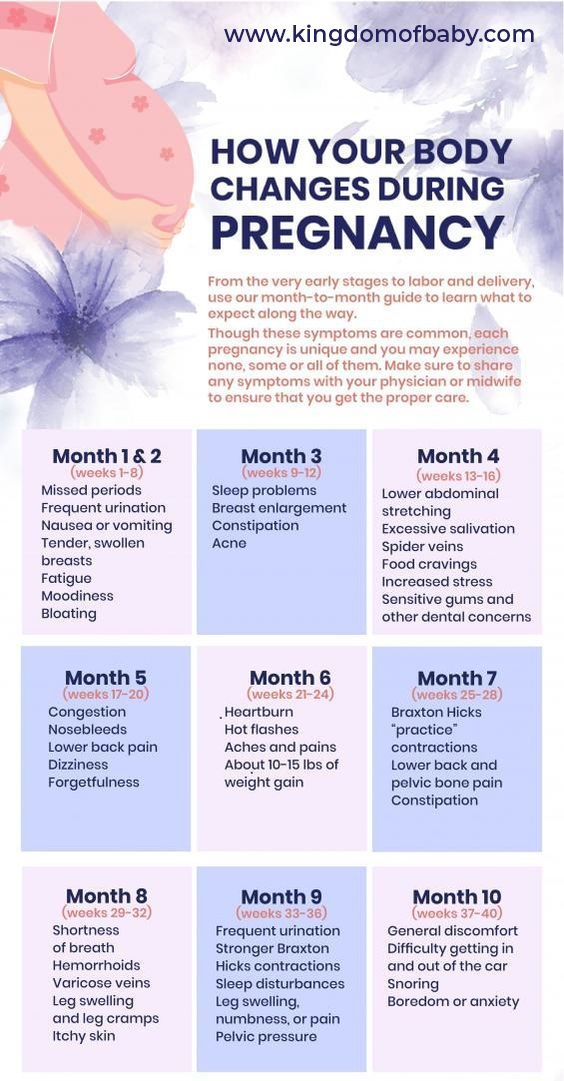 The fetus is foreign to the mother's body, and her immune system reacts to it in this way. After the full maturation of the placenta, which accumulates all these immune cells, toxicosis usually disappears.
The fetus is foreign to the mother's body, and her immune system reacts to it in this way. After the full maturation of the placenta, which accumulates all these immune cells, toxicosis usually disappears.
Human chorionic gonadotropin (hCG) plays a certain role in the development of vomiting in pregnant women. This hormone is produced by the placenta during pregnancy. Its high concentration can provoke vomiting.
The severity of toxicosis during pregnancy
The main symptom of early toxicosis of pregnant women is vomiting. Depending on the frequency of its occurrence, as well as the degree of metabolic disorders in the body of the expectant mother, doctors distinguish three degrees of severity of vomiting during pregnancy. nine0003
How to manage morning sickness and relieve symptoms
Treatment for mild morning sickness is usually done at home. But, nevertheless, a pregnant woman should be under the supervision of doctors, take all the tests recommended by the doctor, and follow the appointments. This will allow the doctor to monitor the condition of the future mother's body and prevent possible complications in time. A woman needs to organize a normal sleep and rest regimen, walks in the fresh air, a calm atmosphere in the family are shown. nine0003
This will allow the doctor to monitor the condition of the future mother's body and prevent possible complications in time. A woman needs to organize a normal sleep and rest regimen, walks in the fresh air, a calm atmosphere in the family are shown. nine0003
Proper nutrition
You need to eat small portions, fractionally, every 2-3 hours. Food should be easily digestible, high-calorie and fortified whenever possible. In connection with a decrease in appetite, they recommend varied and pleasant food for the expectant mother, that is, products are selected taking into account the desires of the pregnant woman, with the exception of spicy dishes and smoked meats. It is important to remember that very hot or very cold food often induces vomiting, so the dishes should be warm. Reception of alkaline mineral waters in small volumes 5-6 times a day is shown. nine0003
If nausea and vomiting occur in the morning, immediately after waking up, it is recommended to have breakfast while lying in bed without getting up. For breakfast, you can eat dry crackers, crackers, drink tea or water with lemon, light yogurt is allowed. It is better to put all this next to the bed in advance or ask someone to bring breakfast.
For breakfast, you can eat dry crackers, crackers, drink tea or water with lemon, light yogurt is allowed. It is better to put all this next to the bed in advance or ask someone to bring breakfast.
Every woman chooses for herself a remedy that helps to fight nausea. Someone helps a slice of orange, lemon or apple, some expectant mothers carry crackers or mint sweets with them to alleviate the symptoms of toxicosis. Pumpkin juice has a good antiemetic effect. Many pregnant women benefit from ginger tea. It is prepared very simply:
ginger root finely chopped or grated on a coarse grater is poured with boiling water and infused for 15-20 minutes. Tea can be drunk warm or chilled, adding lemon, mint or honey to it.
Fats and proteins of animal origin are recommended to be consumed in the morning, when pancreatic enzymes are more active. Dairy products are best eaten after dinner or before bed.
Do not use food with preservatives, broiler meat, fast food, fast food. nine0003
nine0003
To maintain metabolic processes in the body, it is advisable to drink 2-2.5 liters of fluid per day. With increased vomiting, it is not recommended to consume solid and liquid food at the same time. Liquids should not be drunk 30 minutes before and within 1.5 hours after eating, as this provokes vomiting by stretching the walls of the stomach and affecting the receptors.
Decoctions and infusions
Oat broth
As an enveloping agent, that is, a substance that forms a mucous film and prevents irritation of receptors on the walls of the stomach and intestines, oat broth is recommended. It is prepared as follows: 2-3 tbsp. spoons of oat grains are washed, pour 500-700 ml of water, boil over low heat under a lid for 30 minutes. The broth is drained, the grains are crushed and poured with new water and boiled until fully cooked. The resulting mass is crushed with a blender. You need to use the decoction on an empty stomach and in the evening before going to bed, but not earlier than 2 hours after dinner, and also throughout the day in small portions.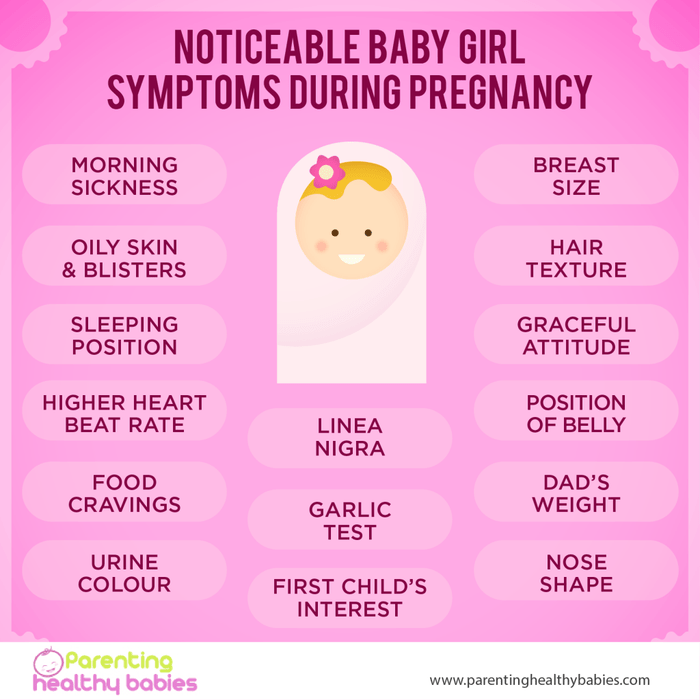 nine0211 It has a particularly good effect in combination with rosehip infusion.
nine0211 It has a particularly good effect in combination with rosehip infusion.
Rosehip infusion
This infusion is a good source of vitamins and microelements - it contains vitamins C, K, P and PP, potassium, manganese, iron, and helps to normalize the function of the gallbladder. To prepare it, you need 1 tbsp. pour a spoonful of crushed rose hips with 250 ml of boiling water and insist in a thermos for about 2 hours.
The following infusions and decoctions contribute to reducing nausea and improving the condition of the expectant mother. nine0003
Phytonast
Take equally: valerian root, common anise fruits, fireweed leaves, linden flowers, marigold flowers, common blueberry shoots, blood red hawthorn fruits. 1 st. Pour 500 ml of boiling water over a spoonful of the mixture ground in a coffee grinder and insist in a thermos for 2 hours, then strain. Take the infusion as needed, up to 6 times a day in a heated form, 1/3 cup.
Benediktov's collection
To prepare this collection you will need: common yarrow (10 g), peppermint herb (20 g), shepherd's purse herb (20 g), valerian officinalis rhizomes (10 g), calendula officinalis inflorescences (20 g) and inflorescences of chamomile officinalis (20 g). Pour 10 g of the mixture with 400 ml of water, soak in a water bath for 30 minutes, strain. Take 50 ml 6 times a day for 25 days, three courses with 15-day breaks. nine0003
Pour 10 g of the mixture with 400 ml of water, soak in a water bath for 30 minutes, strain. Take 50 ml 6 times a day for 25 days, three courses with 15-day breaks. nine0003
Viburnum with honey
Grind 2 tbsp. tablespoons of fresh viburnum berries, pour 250 ml of boiling water over them, heat for 10 minutes in a water bath, strain, add a little honey. Take 1/3 cup of warm infusion before meals 3-4 times a day.
Cranberries with mint, honey and lemon
Squeeze the juice from 250 g of cranberries, cool it, boil the pulp in 1 liter of water, add 1 tbsp. a spoonful of mint leaves and leave for 15 minutes under the lid. Strain, dissolve in a hot broth 2-3 tbsp. tablespoons of honey, let cool to room temperature, add chilled cranberry juice and a slice of lemon. Drink 0.5 cup after meals or when nausea occurs. nine0003
Rose hips with apples
Crushed rose hips (about 1 tbsp) pour 250 ml of boiling water, add 0.5 tbsp. tablespoons of dried apples, heat in a water bath for 15-20 minutes.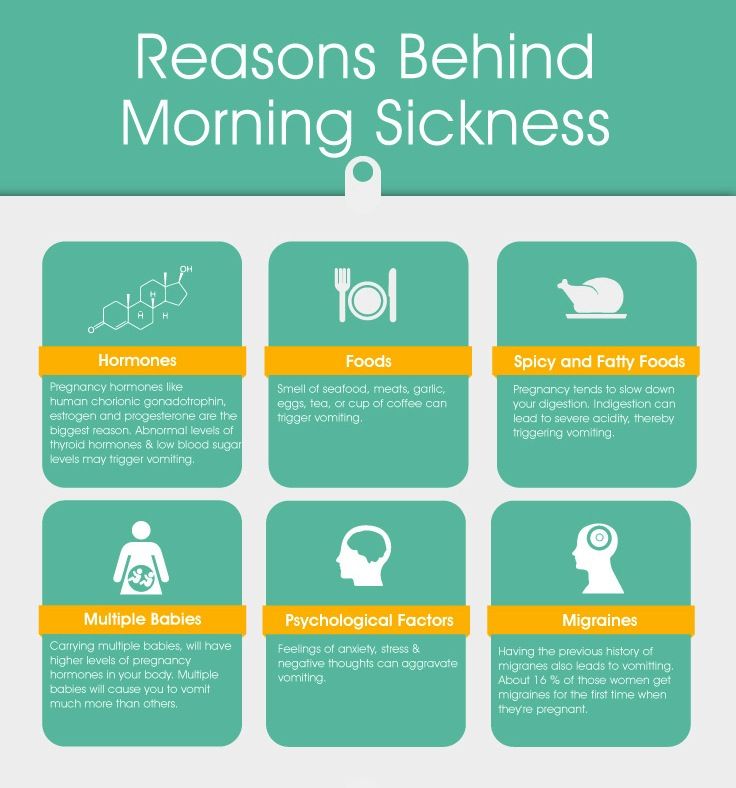 This drink can be consumed throughout the day instead of tea.
This drink can be consumed throughout the day instead of tea.
Rosehip with garden berries
To make a drink you will need: 1 tbsp. a spoonful of rose hips, 1 tbsp. spoon of raspberries, 1 tbsp. spoon of blackcurrant leaves, 1 tbsp. a spoonful of lingonberry leaves. 2 tbsp. spoons of the mixture pour 500 ml of boiling water, boil for 5 minutes, leave for 1 hour, strain. Take 100 ml of decoction 3 times a day. nine0003
Therapeutic exercise
Among non-drug treatments, exercise therapy has a good effect. The complex of exercises includes walking, deep breathing with stretching of the muscles of the trunk and limbs. It is necessary to exclude inclinations, they can increase nausea. The complex includes dynamic exercises for training the muscles of the arms, legs, relaxation exercises. Remedial gymnastics also includes training in breathing techniques. As a result, the body is saturated with oxygen, the excitability of the vomiting center decreases - toxicosis is relieved. nine0003
nine0003
Physiotherapeutic procedures
Physiotherapeutic procedures for the treatment of early toxicosis include electrosleep, acupuncture, laser therapy . Electrosleep is a method that uses low frequency currents to induce sleep. The duration of the procedure is from 60 to 90 minutes, the course of treatment is 6-8 sessions.
Laser therapy
In the complex therapy of early toxicosis, blood is irradiated with a helium-neon laser through a light guide passed through a needle placed in the cubital vein. The procedure lasts 15-20 minutes. The therapeutic effect is achieved due to the influence of the laser on blood cells, changes in its properties, accumulation of biologically active substances in the blood. As a result, the metabolism in cells changes, the resistance of tissues and the body to adverse conditions increases, and the vitality increases. nine0003
Acupuncture, acupuncture
These are methods of treatment based on irritation of biologically active points and zones on the body and face. With early toxicosis, such an effect changes the tone of the nervous system of a pregnant woman. A session of acupuncture is carried out 1-2 times a week and lasts 15-30 minutes.
With early toxicosis, such an effect changes the tone of the nervous system of a pregnant woman. A session of acupuncture is carried out 1-2 times a week and lasts 15-30 minutes.
With morning sickness and vomiting of pregnant women, the method of acupressure is effective. To do this, you need to press your finger on a point that is located on the inside of the wrist, in the middle, 3 transverse fingers above the palm. nine0003
Aromatherapy
The use of plant aromas has a positive effect on the expectant mother and baby. By inhaling pleasant aromas, you can achieve a good psychological effect, create a good mood, and reduce the effects of toxicosis. During pregnancy, aroma lamps, aroma medallions, pads - sachets are mainly used. To relieve nausea and vomiting, oils of noble laurel, lemon, lavender, cardamom present, dill, lemon balm, peppermint, anise, eucalyptus, ginger are suitable. To flavor the air, you can use the following mixture 0 3 drops of lavender oil, 1 drop of peppermint oil, 1 drop of eucalyptus oil.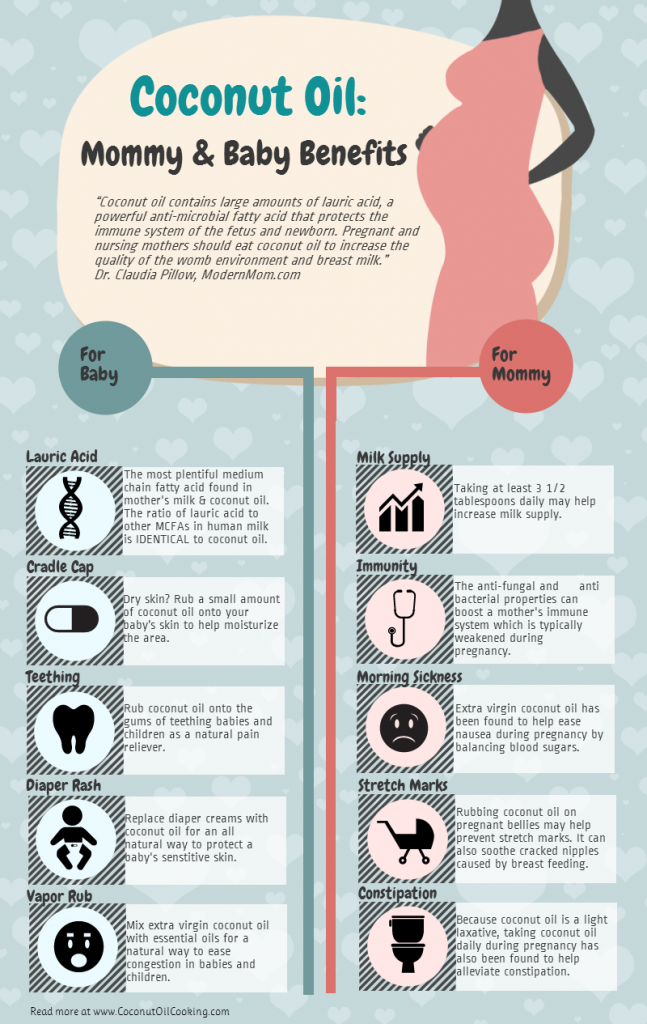 nine0003
nine0003
Principles of treatment of early toxicosis
Even with a mild course of early toxicosis of pregnant women, the attending physician will definitely prescribe a number of tests - a general blood test, a general urinalysis, a biochemical blood test, a hemostasiogram. This is necessary to control the condition of a pregnant woman and to timely prescribe medications to correct the changes that occur in the body.
If non-drug remedies are ineffective, the doctor prescribes medications that help fight toxicosis. First of all, these are herbal sedatives, homeopathic medicines for nausea, vitamin B6 preparations, antiemetics. nine0003
If, despite all therapy, vomiting increases, the doctor detects changes in blood and urine tests, and body weight continues to progressively decrease, hospitalization is indicated.
The hospital provides intravenous infusion of medicines that restore fluid, trace elements and proteins lost by the body. A pregnant woman receives at least 2-2. 5 liters of fluid intravenously per day.
5 liters of fluid intravenously per day.
To improve blood flow through the placenta and improve oxygen supply to the fetus, oxygen therapy can be prescribed - inhalation of an oxygen-air mixture for 20-30 minutes twice a day. nine0003
Most often, the effects of toxicosis gradually decrease by 12-13 weeks of pregnancy.
Mild
Mild vomiting on an empty stomach or after meals occurs 3 to 5 times a day. Despite vomiting, part of the food is still retained and significant weight loss is not observed in such pregnant women. The general condition does not suffer significantly, there are no changes in blood and urine tests. Such vomiting is easily treatable with various non-drug means, and often resolves on its own after the normalization of the diet and rest. nine0003
Moderate vomiting
Moderate vomiting (or moderate vomiting) is expressed in the increase in vomiting up to 10 times a day, regardless of food intake. Characterized by persistent nausea. There comes dehydration of the body, a decrease in body weight by 3-5 kg (6% of the initial weight). The general condition of pregnant women worsens. Expectant mothers complain of weakness, apathy, tearfulness, sometimes depression. The skin is pale, dry, the tongue is covered with a white coating, yellowness of the skin may be noted.
There comes dehydration of the body, a decrease in body weight by 3-5 kg (6% of the initial weight). The general condition of pregnant women worsens. Expectant mothers complain of weakness, apathy, tearfulness, sometimes depression. The skin is pale, dry, the tongue is covered with a white coating, yellowness of the skin may be noted.
Excessive vomiting
The severe form (excessive pregnancy vomiting) is rare. The frequency of vomiting up to 20 times a day or more. Excessive vomiting is characterized by severe dehydration and intoxication. This condition can occur as a continuation of moderate vomiting of pregnant women or initially acquire a severe character. With excessive vomiting, body weight decreases rapidly, on average by 2-3 kg per week, the skin becomes dry and flabby, subcutaneous fat quickly disappears, the tongue and lips are dry, there is a smell of acetone from the mouth, body temperature can rise up to 38 degrees. Vomiting of moderate and severe degrees is treated in a hospital.